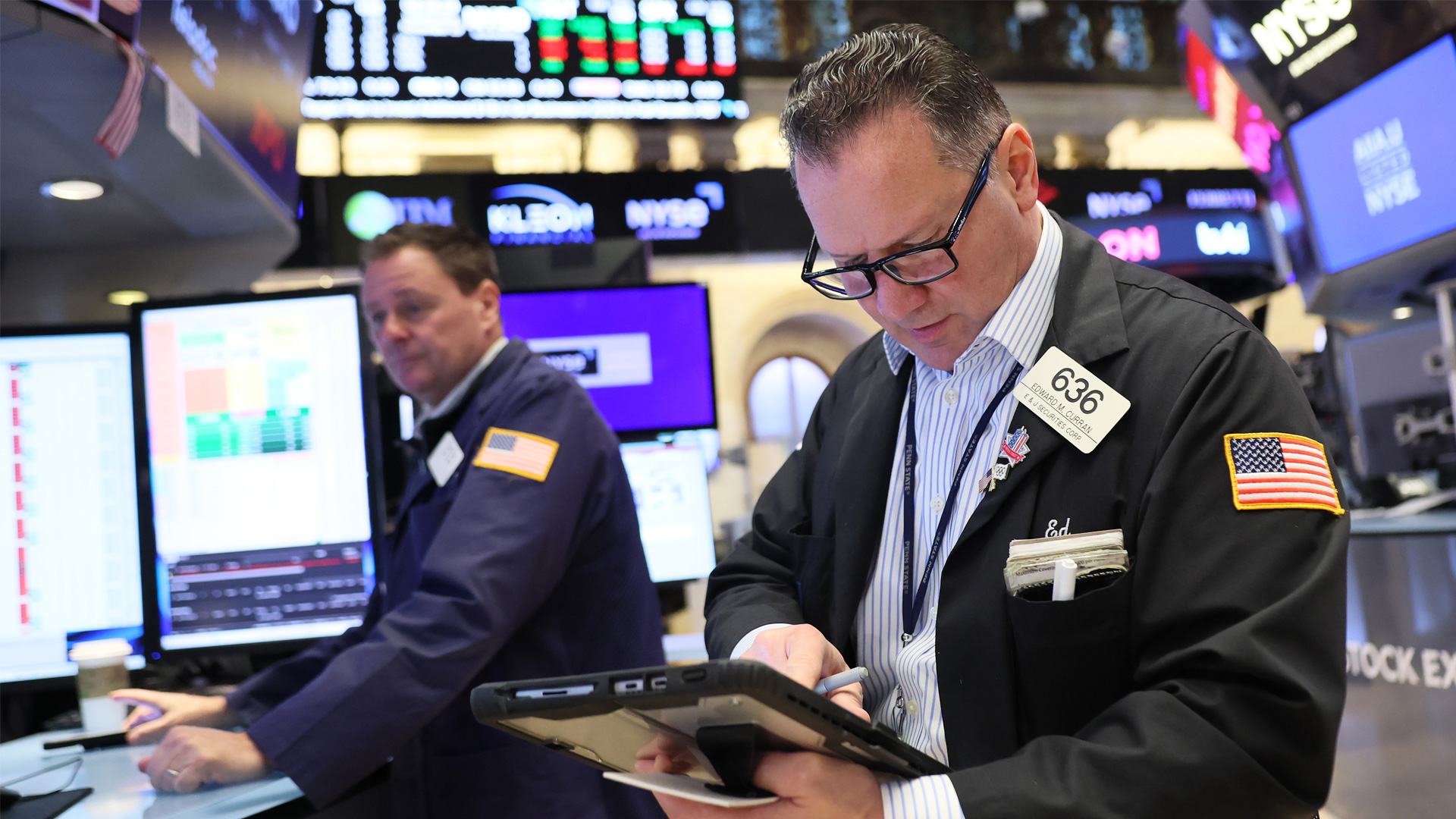Wall Street warns of rising AI debt risk as stocks slide on wobbly investor confidence — analysts warn of 'systemic risk' as Nvidia share price creaks
Increasing systemic risk from interconnected investments with circular revenue relationships is waving red flags.

The honeymoon period for the explosive growth of the AI industry may be drawing to a close, as some of the world's top financial institutions are growing increasingly worried about the sheer quantity of debt being taken on by top tech and AI firms to build out the infrastructure they all claim is so necessary, as Bloomberg reports. Although the top firms continue to perform well, recent wobbles in stock pricing suggest confidence is waning and the risk of a larger collapse grows ever greater.
The multiple hundred-billion-dollar deals struck between AI and technology firms in 2025 have raised eyebrows every time the news breaks, but so far, there's only been an upside for the companies involved. OpenAI, Nvidia, Microsoft, Anthropic, and others have all seen their share prices skyrocket in the wake of their interlocking deals, making many of these companies feel like they're buoying each other while they all hunt for the elusive AI profit that has yet to materialize.
But those vibes are now turning into genuine concerns in the financing world.
"We’ve seen an expansion of the ecosystem to include companies with weaker balance sheets like Oracle and CoreWeave, more debt, and we’ve also seen more interlocking and circular revenue relationships,” said Morgan Stanley's chief investment officer for wealth management. “That interconnectivity between the players brings systemic risk.”
Although Nvidia has made real money with everyone buying up its graphics cards to power the new AI data centers, most other companies in the space have yet to realize anything in the way of profit. Microsoft, Amazon, Meta, and Google can at least rely on strong profits in their existing businesses, but many companion companies, like the aforementioned Coreweave, do not.
Oracle is another example. Though it had a strong business in place already, it's certainly not hundreds of billions strong. But that's now what it's being tasked to deliver, and despite the interlocked deals with these other "hyperscaler" businesses, that may not be enough to maintain investor confidence forever.
To manage these investments, it's been forced to take on more debt, with Bloomberg reporting Oracle selling $18 billion in government bonds in September, and banks lending it $38 billion for further capital expenditure. Since its record share price highs in September, it's now fallen by over a third.
Get Tom's Hardware's best news and in-depth reviews, straight to your inbox.
Indeed, even the venerable Nvidia isn't invulnerable to the shake in confidence. Nvidia's recent earnings reports were strong, but its stock price has slid several percent in recent days and has lost over 10 percent since the start of the month.
Bloomberg highlights that this reaction from investors comes as they start to hunt for profit in the AI equation. Although capital investment was expected earlier in the AI hype phase, investors are now looking for a return on those investments. That may be where some of the borrowing is coming in: companies look to accelerate their developments to increase revenue over a shorter time scale.
“When companies that don’t need to borrow are borrowing to make investments, that sets a bar for the returns on those investments,” explained Bob Savage, head of markets macro strategy at BNY. “We’re in a ‘show me the money’ phase.”
Still, he doesn't see the AI bubble bursting any time soon. Most expenditure is still being funded by cash flow, so investors shouldn't be too concerned for now. As we head into the new year, though, if some of these major investments don't lead to big returns, it's clear investors will put increasing pressure on these AI-first companies to find the profit somewhere.

Follow Tom's Hardware on Google News, or add us as a preferred source, to get our latest news, analysis, & reviews in your feeds.

Jon Martindale is a contributing writer for Tom's Hardware. For the past 20 years, he's been writing about PC components, emerging technologies, and the latest software advances. His deep and broad journalistic experience gives him unique insights into the most exciting technology trends of today and tomorrow.
-
ravewulf It needs to burst soon, it's causing a strain on far too many things - power generation/usage, lost jobs (and the removal of entry/junior level positions, drying up the future talent pool), and the availability and affordability of GPUs, HDDs, SSDs, RAM, etc. - for little to no real benefit.Reply